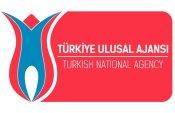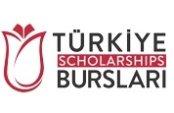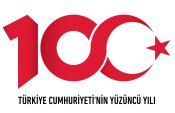European Union
Turkey and European Union Relations
Relations between Turkey and the European Union have been going on with ups and downs since 1959. The legal basis of this relationship was laid with the Association Agreement between Turkey and the European Economic Community (EEC) signed on 12 September 1963. In the agreement, a three-stage process was envisaged for Turkey's harmonization with the EEC, namely the preparatory, transitional and final period. While the preparatory period ended with the entry into force of the Additional Protocol in 1973, the transition period took a long time with the economic difficulties of the 1970s and the effect of the 1980 coup, and ended with Turkey's entry into the Customs Union in 1996. Turkey has been the first and only country to establish the Customs Union without being a member of the EU.
Turkey started to benefit from community programs with the start of the European Union candidacy process at the 1999 Helsinki Summit. The Law No. 4763, which approved the Framework Agreement signed by the parties on February 26, 2002, which enables Turkey to benefit from EU programs, was also discussed and approved by the Grand National Assembly of Turkey,and entered into force after being published in the Official Gazette dated 28 June 2002.
Our country became a full member of the EU Education and Youth Programs on April 1, 2004 and started to run community programs known as Socrates, Leonardo da Vinci and Youth, which lasted until 2006. During the 2007-2013 period, community programs were carried out in our country under the name of Lifelong Learning and Youth Programs. For the period covering the years 2014-2020, the program was named the Erasmus+ Programme. Finally, Erasmus+ and European Solidarity Program (ESC) for the 2021-2027 period has started. Within the scope of the program, individuals are offered the opportunity to take part in youth activities based on education, training, internship, professional development and non-formal learning abroad. In addition, collaborations between institutions are supported through partnership activities. European Solidarity Program (European Solidarity Corps, ESC); is a new European Union initiative that aims to meet social needs, creating opportunities for young people to volunteer, work or network on projects that benefit society in their own country or abroad, while promoting their personal, educational, social, civil and professional development.









